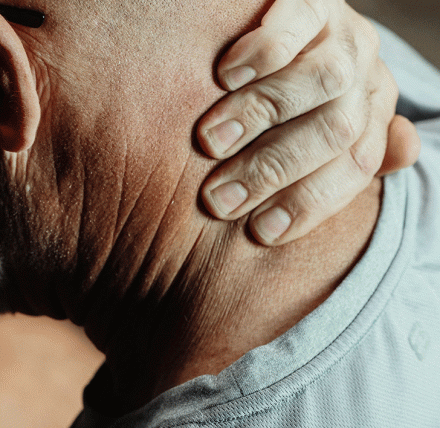


Scottish Law Commission – Report on damages for personal injury
INSIGHTS
The Scottish Law Commission published its report concerning damages in personal injury claims in December 2024. The report was the result of extensive consultation and consideration of the reforms needed to modernise personal injury law with a view to ensuring that the law was more in line with modern life. The report was accompanied by a draft Bill: The Damages (Scotland) Bill.
Many of the provisions for damages that personal injury practitioners are familiar with have remained unchanged for many years and this has led, in some instances, to there being a clash between the damages a pursuer is entitled to recover and the true loss suffered by a pursuer. The recommendations in the report are intended to address the challenges with the current system with proposed amendments to the following Acts:
- Prescription and Limitation (Scotland) Act 1973
- Administration of Justice Act 1982
- Children (Scotland) Act 1995
Proposed amendments
1.Prescription and Limitation (Scotland) Act 1973
In the context of asbestos-related claims, where a person who has suffered negligent exposure to asbestos, has been diagnosed with pleural plaques, currently, they can often find themselves time-barred from pursuing an action for damages where they later go on to develop mesothelioma (or other asbestos-related condition).
The proposed amendment to the 1973 Acts seeks to address this unfairness by removing the limitation period associated with an asymptomatic condition such as pleural plaques. This means that if a person who has been diagnosed with pleural plaques later goes on to develop mesothelioma (or other asbestos-related conditions) they will be able to pursue a claim for damages regardless of when the diagnosis of pleural plaques was confirmed.
2. Administration of Justice Act 1982
- Damages for services rendered by relatives of an injured person were introduced following recommendations made by the Scottish Law Commission in a previous report on damages published in 1978. The 1982 Act made provision for damages to be paid to a “relative” of an injured person who provided necessary services, for no payment, to assist an injured person as a consequence of the injury suffered.
The term “relative”, is defined in section 13 of the 1982 Act and is limited to a spouse or divorced spouse, civil partner or former civil partner, any person who was living with the injured person as the civil partner of the injured person, any ascendent or descendent, brother or sister, or person accepted by the injured person as a child of his family. The specific definitions listed in the 1982 Act remove consideration of any other categories of persons who might assist an injured person namely, friends and neighbours.
The proposed amendment seeks to include categories of persons who, due to shifting demographics, are often depended upon to provide necessary services following an injury.
- A second proposed amendment to the 1982 Act seeks to clarify what qualifies as a “contribution” towards a permanent health insurance scheme, for the purpose of determining whether a payment made to an injured person under that scheme should, or should not, be deducted from an award of damages. At present there are conflicting views between English law and Scots when it comes to quantifying a pursuer’s claim.
The Scottish Law Commission’s recommendations are that (i) payments received by an injured person under a permanent health insurance scheme to which they have contributed financially should not be deductible from an award of damages and (ii) a person should be free to opt for private medical treatment, care, accommodation, and equipment, rather than rely on NHS or local authority support.
3.Children (Scotland) Act 1995
At present there is no specific requirement relating to the management of an award of damages recovered for a child where the award is held by a child’s parent or guardian. Section 13 of the 1995 Act provides that the court may make such order relating to the payment and management of the sum for the benefit of the child as it thinks fit. In reality, this is not an order that is regularly sought at the conclusion of a child’s claim. The 1995 Act does set out, in section 10, the obligations and rights of a person administering a child’s property but there is no mechanism to formally oversee the discharge of those obligations.
The proposed amendment to the 1995 Act would require increased supervision by the courts where damages are awarded to young children. The Scottish Law Commission’s recommendations are that the court should have a duty to inquire, before an award is made, how the child’s award will be invested, protected and administered, and where appropriate, refer the case to the Accountant of Court for further attention.
At present, there is no timetable for consideration of the draft Bill by parliament.
Lady Paton, lead Commissioner on this project, said:
“It is important that the law on damages for personal injury is fair and reflects modern society; and also that it operates in a clear and consistent way. The Report examines some areas of the law of damages and recommends reforms modernising the law so that it is fit for today’s society.”
About the author
Senior Associate
RELATED
CONTACT US
Call us for free on 0330 912 0294 or complete our online form below for legal advice or to arrange a call back.